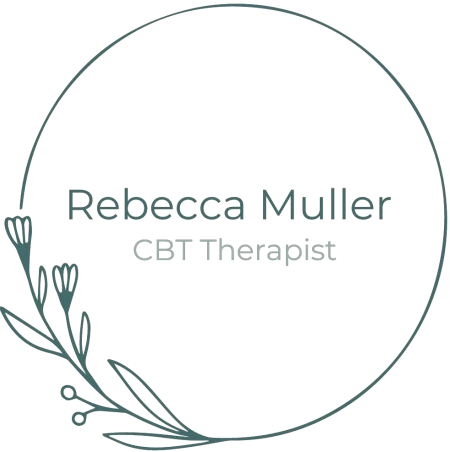Do you find yourself constantly battling with feelings of guilt or shame after experiencing trauma? Do you often hear an inner voice telling you that you're not good enough, or that you should have done things differently? If so, you're not alone. Many people struggle with these intense emotions in the aftermath of traumatic experiences. As an online therapist based in Argyll and Bute, I've worked with numerous clients grappling with these challenging feelings, and I want to share a powerful approach that can help: Compassion-Focused Therapy (CFT) for trauma-related guilt and shame.
Compassion-Focused Therapy, developed by Dr. Paul Gilbert, is an integrative approach that draws on evolutionary psychology, neuroscience, and Buddhist psychology. CFT aims to help you develop a more compassionate relationship with yourself and others. This is particularly beneficial if you're struggling with trauma-related guilt and shame, as these emotions often stem from a self-critical inner voice.
When we experience trauma, our threat system becomes hyperactivated, leading to a constant state of alertness and self-criticism. This can manifest as guilt ("I should have done something differently") or shame ("There's something fundamentally wrong with me"). CFT helps to balance this by activating our soothing system, which is associated with feelings of safety, connection, and self-compassion.
In CFT for trauma, we work on developing three key skills:
- Compassionate Attention: Learning to notice your thoughts and feelings without judgment.
- Compassionate Reasoning: Challenging your self-critical thoughts with a more balanced, compassionate perspective.
- Compassionate Behaviour: Acting in ways that are kind and supportive towards yourself.
Through various exercises and techniques, we gradually build up your 'compassion muscles'. This doesn't mean excusing harmful actions or denying responsibility. Instead, it's about understanding the context of your actions and reactions, and responding to yourself with kindness rather than harsh criticism.
One powerful aspect of CFT is its focus on the physiology of compassion. We explore how to activate your body's soothing system through practices like rhythm breathing and compassionate imagery. These techniques can help to regulate your nervous system, reducing the intensity of guilt and shame responses.
It's important to note that developing self-compassion can feel challenging, especially if you've spent a long time being self-critical. It's common to experience resistance or fear when first practicing compassion. This is normal and part of the process. We work through these barriers together, at a pace that feels safe for you.
Remember, you didn't choose to experience trauma, and you didn't choose to feel guilt or shame. These are natural human responses to difficult experiences. With CFT, we can work together to cultivate a more compassionate, understanding relationship with yourself and your experiences.
If you're struggling with trauma-related guilt and shame, and are interested in exploring how Compassion-Focused Therapy might help, please don't hesitate to reach out. You don't have to face these challenging emotions alone. Together, we can work towards healing and cultivating a kinder, more compassionate relationship with yourself.
